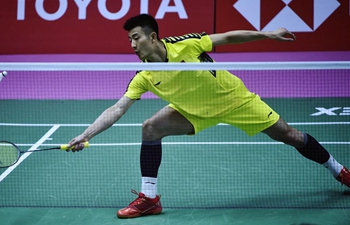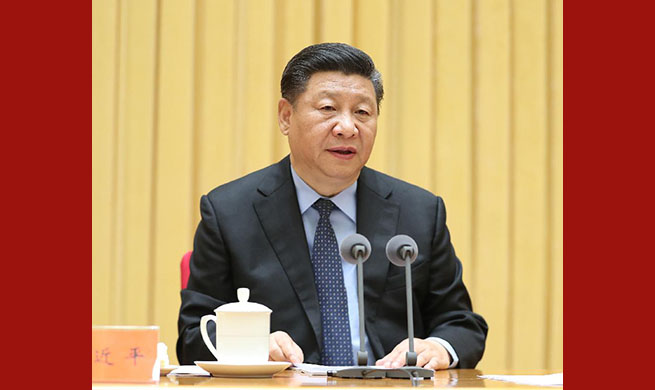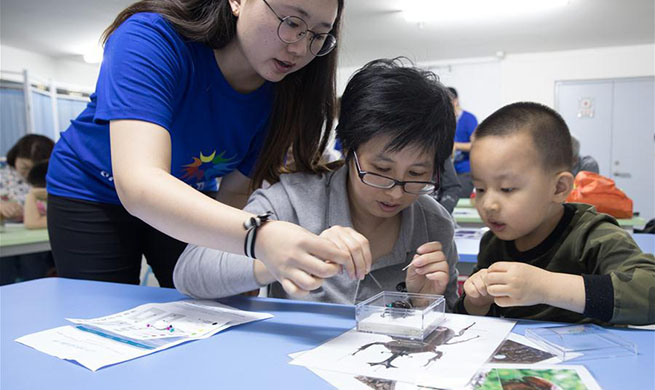BEIJING, May 21 (Xinhua) -- David Kolosov has been studying in Japan since 2017, not as an international student from Russia but an exchange student from Beijing-based Tsinghua University.
During his stay in Tokyo, Kolosov hoped to find new material and inspiration for his thesis on Lu Xun, a prestigious Chinese intellectual and famous writer who had studied in Japan.
In 2017, there were 489,200 foreign students receiving higher education in China and the number is still steadily increasing. China has become the largest destination of international students in Asia, according to China's Ministry of Education.
The number of Russian students now ranks the sixth largest among foreign students in China.
After completing his bachelor's degree at Beijing Language and Culture University, Kolosov transferred to Tsinghua University to pursue his master's in comparative literature studies.
"I think the best example of how international Tsinghua University is is that they never treat me as a foreigner. They are happy to send me anywhere I want to go as long as I think it benefits my studies," Kolosov said.
Beside his excellent performance at school, Kolosov has also become a TV celebrity in China. He became famous after he took part in a TV show called A Bright World, where a panel of foreigners discuss their lives in China. "Da Wei," Kolosov's Chinese nickname, soon gained popularity among young people.
Kolosov was born in Vladikavkaz, a city in the North Caucasus. He was attracted by Chinese culture at very young age. This ancient, distant country radiated some kind of magic attraction for him, which was "completely different from any other western cultures."
This love did not end in Beijing.
"China's traditional culture had a huge influence on neighboring countries in Asia," Kolosov said, "I can still see the marks of Chinese tradition in Japan today, through almost every aspect of Japanese people's daily life."
Calligraphy is one good example.
"Japanese people respect those who are good at calligraphy, even among the younger generation. It is also the case for ancient Chinese poems. Japanese people admire those who can recite them at will," he said, himself a veteran calligraphy student who has continued learning from a Japanese master in Tokyo.
"That is why I believe traditional culture and arts open a door for different people to communicate and bring them closer to one another,"he said.
The older generation of Chinese intellectuals, with Lu Xun as a symbol, looked out at the world and tried to find a solution to China's misery and chaos in a trans-cultural perspective.
As a tribute to Lu Xun, Kolosov hopes that his academic studies can contribute to the trans-cultural communication among China, Japan, and Russia.
"I wish to participate in China's effort to reinvigorate its traditional culture, not only as a revival, but also an enterprise of creating something new," said Kolosov.
















